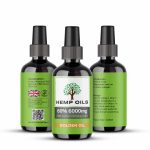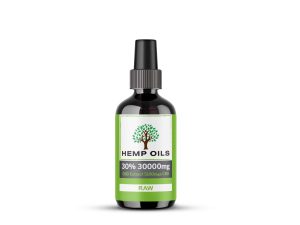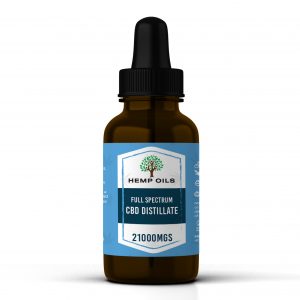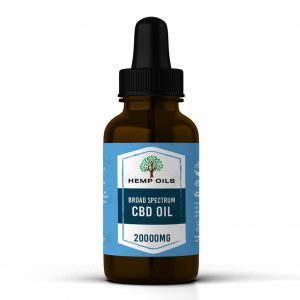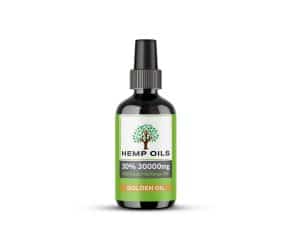Hemp seed oil has gained popularity in recent years for its numerous health benefits and versatile uses. However, concerns about the presence of THC in hemp seed oil have raised questions among consumers. THC, or tetrahydrocannabinol, is the psychoactive compound found in cannabis plants that is responsible for the "high" sensation. In this article, we will explore the topic of THC levels in hemp seed oil, the factors affecting its content, the methods used to measure THC levels, and the legal considerations regarding THC limits.
Understanding THC Levels in Hemp Seed Oil
Hemp seed oil is derived from the seeds of the hemp plant, which contains only trace amounts of THC. Unlike CBD oil, which is extracted from the flowers and leaves of the hemp plant, hemp seed oil does not typically contain significant levels of THC. In fact, it is virtually impossible for hemp seed oil to produce any psychoactive effects due to its extremely low THC content. As a result, hemp seed oil is considered safe and legal for consumption.
Factors Affecting THC Content in Hemp Seed Oil
The THC content in hemp seed oil is influenced by various factors. One crucial factor is the strain of hemp plant used for extraction. Hemp plants that are specifically bred for their low THC content, known as industrial hemp, are commonly used to produce hemp seed oil. Additionally, the method of extraction plays a role in determining THC levels. Cold-pressed hemp seed oil, for instance, is less likely to contain any THC compared to oil extracted using solvents. Proper manufacturing processes and quality control also contribute to ensuring low THC levels in hemp seed oil.
Measuring THC Levels in Hemp Seed Oil: Methods and Accuracy
Accurately measuring THC levels in hemp seed oil is essential for both manufacturers and consumers. Gas chromatography and high-performance liquid chromatography are the two commonly used methods to determine THC levels. These methods are highly accurate and reliable in quantifying THC content. It is important to note that reputable manufacturers often provide third-party lab test results, which further ensure the accuracy of THC measurements in hemp seed oil.
Legal Considerations: THC Limits in Hemp Seed Oil
The legal status of hemp seed oil largely depends on the THC limits set by regulatory authorities. In many countries, including the United States, hemp seed oil is considered legal if it contains less than 0.3% THC. This low THC threshold ensures that the oil does not possess any psychoactive properties. However, it is crucial for consumers to check the local regulations regarding THC limits in hemp seed oil before purchasing or using it.
In conclusion, hemp seed oil contains minimal levels of THC, making it safe for consumption and legal in most jurisdictions. The low THC content in hemp seed oil is a result of various factors, including the strain of hemp plant used and the extraction method employed. Accurate measurement of THC levels is achieved through reliable testing methods such as gas chromatography and high-performance liquid chromatography. As always, it is important to review local laws and regulations regarding THC limits in hemp seed oil to ensure compliance. With proper understanding and awareness, consumers can confidently enjoy the benefits of hemp seed oil without the concerns associated with THC.
